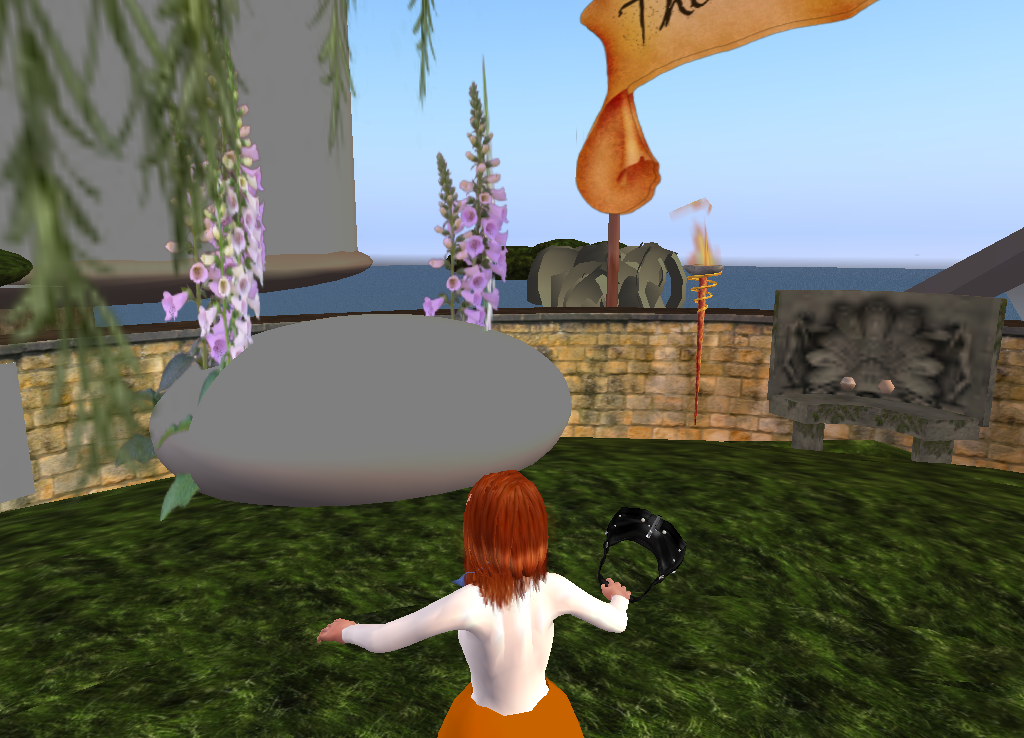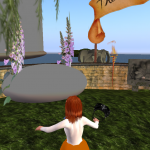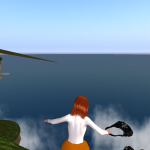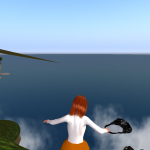Paper Project:

Podcast: http://sites.middlebury.edu/huehunter/2010/03/08/audio-projekt/
Video Remix Project: http://sites.middlebury.edu/mwhelan/2010/03/30/video-remix-movie-title/trackback/
Gaming Project:
Final Project:
Self evaluation:
What I did well: I think i kept up with my Twitter a good amount, and got pretty into it. I’d definitely say I am more of a “follower” than a tweeter, but as the semester went on, I started feeling more and more attached to my Tweetdeck and more and more compelled to tweet interesting stories that came up on it. I am also happy with my in-class participation and really enjoyed all of the assigned readings. I felt prepared for each discussion and know that I contributed to each one. As a senior, it was especially nice to have such engaging assignments and readings. I also really enjoyed the intimate class environment and the feeling of getting to know the other students in our discussions and through our projects/critiques. It isn’t always easy to have good chemistry in a small class, but this group really worked well together and I think we all helped each other learn. I’m really happy to leave Middlebury with the knowledge that this class gave me and am proud to share my opinions in conversations with friends and others about, well, media technology and cultural change.
What I didn’t do so well: BLOGGING! I hated it. I found it kind of egocentric–why does the world care what I think about a given topic? They shouldn’t. I had a really hard time coming up with topics that I felt strongly enough about to write a paragraph or two to post on the internet. I’m sad about my measly 16 posts, and that they have the potential to bring my grade down. I really cared about and valued everything else in the class. I even value the blogging experience, however negative the revelation might be, I did discover that I am not a blogger. There is just something about live conversations like the ones we had in class that I don’t think can be recreated online. My other weakness was that I had to miss a couple of classes for interviews, which I regret, but at least they resulted in a job! And one in advertising to which I am excited apply some of the knowledge I learned from this and my other Mittell/FMMC courses.




